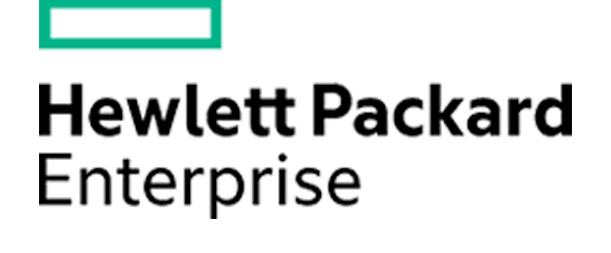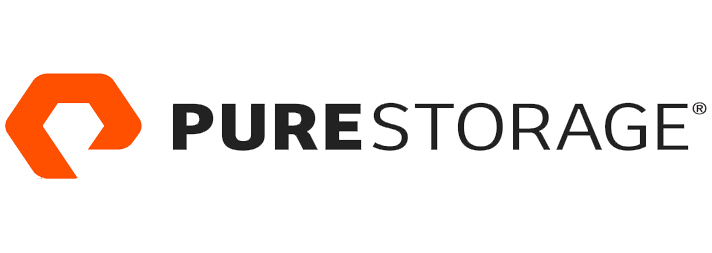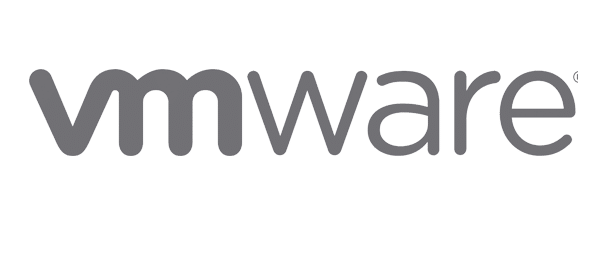Hybrid Cloud – Choosing the Right Cloud: Going Public, Private, or Hybrid
In the rush to move to the cloud, some organizations are facing new technology challenges and are finding themselves on uneasy footing. In many cases, only parts of an organization’s operations actually should be in the cloud. For some, there may be privacy or security concerns; for others, the cloud may not have the cost savings they are expecting. As organizations shift to the cloud, partial adoption or hybrid adoption may be the smart play.
In this third blog in a three-part series on moving to the cloud, we’ll take a look at the option of maintaining a hybrid cloud environment.

Choosing the Right Cloud: What is Hybrid Cloud?
Hybrid Cloud is generally considered as an environment that exists partially on-premises and partially in the cloud. A bank that maintains on-premises financial records solution but leverages Office 365 for email would be considered a hybrid cloud environment. The degree to which the cloud is used is unimportant; what constitutes hybrid cloud is the use of both environments to maintain operations.
Choosing Private vs. Public
From a fifty thousand foot view, the choice of going Hybrid has little to do with the choice of Public vs Private Cloud. In the previous two articles, we’ve outlined why and when public and private cloud is an appropriate option. Since part of the hybrid environment will be in the cloud, you should be determining when public cloud or private cloud are the best choice. The focus should be on the specific applications that your organization has deemed are appropriate for the cloud and deciding in which cloud each of them would best fit.
Why Choose Hybrid Cloud?
There are reasons why your organization doesn’t want to put all of its operations into the cloud. For those portions that need to remain on-prem, the following reasons make Hybrid is a solid option:
- Need for a combination of tight control, excess data storage– For those applications and data the organization wants to hold close to the vest, keeping them on-prem provides the greatest amounts of control and security. However many companies need to hold other records for compliance reasons, holding onto all of this data on premise may not be the best option from a cost perspective so splitting the data into on-premise and in the cloud may be a better option.
- Budget Consideration – Where are you in your buying cycle? If you’ve already spent a considerable amount of budget on existing hardware, moving all your workloads to the cloud can mean no longer leveraging the equipment you’ve just invested in. At the same time, your organization may want to take advantage of some of the benefits of cloud like flexibility, scalability or a myriad of other options. In this scenario, a hybrid strategy may be the best from an overall cost stand point.
- Improved Performance – Cloud providers leverage state-of-the-art hardware vendors, such as HPE, to provide high-performing, scalable hyperconverged storage and compute that powers applications to run faster in the cloud than they could on-premises at a lower cost. That being said, not all your workloads need the fastest, greatest compute power and some you want to keep close to the chest. Another reason for a hybrid choice.
- Phased Migration – your leadership may not be ready for the cloud but you are. Going hybrid allows you to “dip your toe” in the cloud “pool” showcasing the advantages to those that are a little more conservative, hopefully allowing you to slowly migrate to the cloud over time.
- Business Demand Spikes – Hybrid cloud allows you to keep up with the higher-demands in a cyclical business. Cloud Bursting, expands workloads to a public cloud on demand during spikes (say during the holiday season for companies like best buy or amazon), and then scales back once the peak season is over.
- Faster Growth Possibilities: Companies today are fluid, whether you are already expanding, looking to acquire or planning to grow in the future; hybrid cloud help. By using your existing infrastructure investment while expanding into the cloud, growth becomes easier from a technology standpoint anyway!
When Should You Choose Hybrid Cloud?
Hybrid can provide many advantages to business and is quickly becoming the “cloud of choice” for many. Using our series-wide set of considerations below, can help you decide whether Hybrid Cloud is right for your organization, even if the benefits above didn’t ring out to you:
- Should you even be in the cloud? In this case, Hybrid is the right choice when the answer is partially. For example, if it makes sense to use SalesForce as your CRM, but leave everything else on-prem, Hybrid is the answer.
- Do you have custom needs? When considering Hybrid, this really just becomes a private vs public discussion for a subset of your environment, rather than the whole thing.
- How much visibility and control do you require? This is a deciding factor for many, break it down as an application- or workload-specific question. If the answer is I need 100% control for application A, but not a lot with application B, Hybrid is a good option.
- What about Compliance and Security? This, too, should have your organization’s environment split; some of it can easily be secure and compliant up in the cloud, with the rest of it being way too critical to allow it to be managed (in part or whole) by someone else. Heavily regulated industries like healthcare, finance and government need to be pay particular attention to this question.
- Do you require assistance? The answer to this question really depends on what you plan on hosting in the cloud. If nothing more than company invoicing via QuickBooks, then you don’t need any help. But if you’re putting critical workloads into the cloud that need to maintain the highest levels of availability and accessibility, you may require external expertise to ensure this.
Going Hybrid
It’s important to realize that your options are not limited to Public and Private. Hybrid can mean the best of both worlds for organizations not yet ready to make the jump to the cloud. To leverage the cloud, you can use the Hybrid option to shift to the cloud as cautiously and slowly as you need to, but utilizing the experience of a seasoned cloud services provider to assist with the transition may be a smart choice.
Hybrid Cloud – Choosing the Right Cloud: Going Public, Private, or Hybrid



























